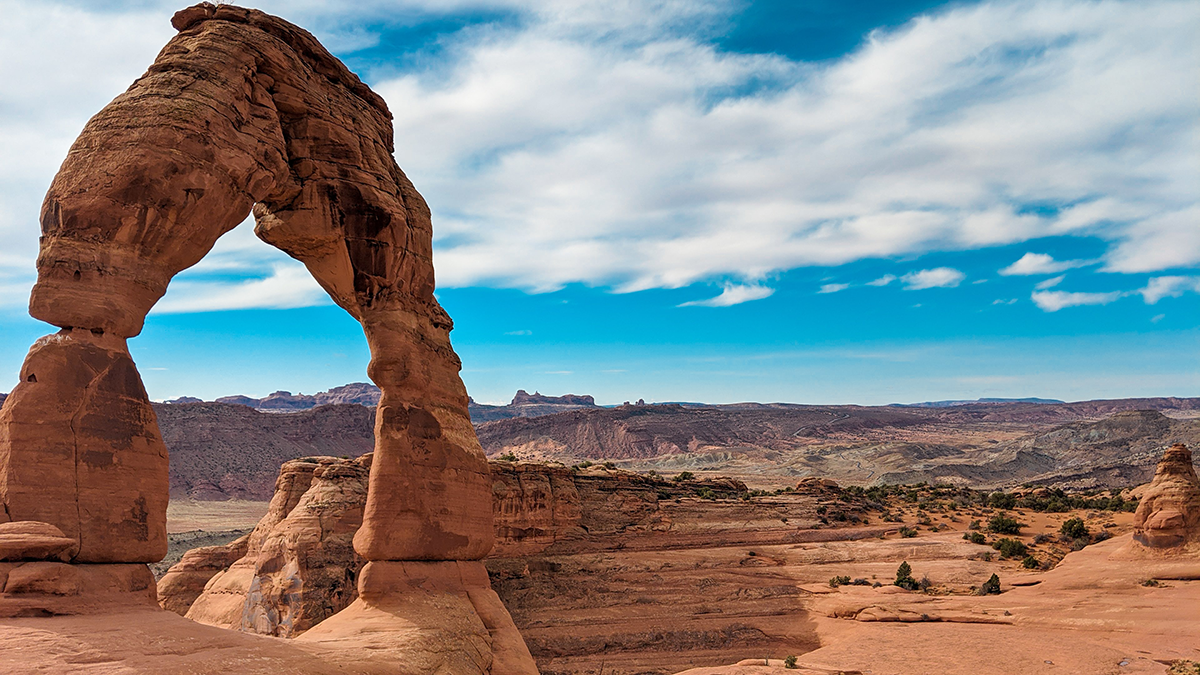Source: AGU Advances
Editors’ Highlights are summaries of recent papers by AGU’s journal editors.
The geosciences are based on measurements made at specific places and times. An example of value of place for science is the preservation of key outcrops as type sections for future scientists. However, the places we sample have multiple meanings beyond our relatively narrow investigations, especially to the people who live there and/or have a cultural connection to the land. In this commentary, Ryan-Davis and Scalice [2022] remind us that geoscientists who sample ethically consider not just permitting requirements but building relationships with and include such people to benefit from their expertise, expand scientific participation, and obtain informed permission for fieldwork. It summarizes the consensus of a broader working group formed after an AGU Town Hall on the topic held at the 2021 AGU Fall Meeting. The authors summarize ways to integrate ethical and respectful behavior in the field into curricula, review processes, and generally encourage us to think before sampling.
Citation: Ryan-Davis, J., & Scalice, D. [2022]. Co-creating ethical practices and approaches for fieldwork. AGU Advances, 3, e2022AV000762. https://doi.org/10.1029/2022AV000762
—Susan Trumbore, Editor in Chief, AGU Advances

